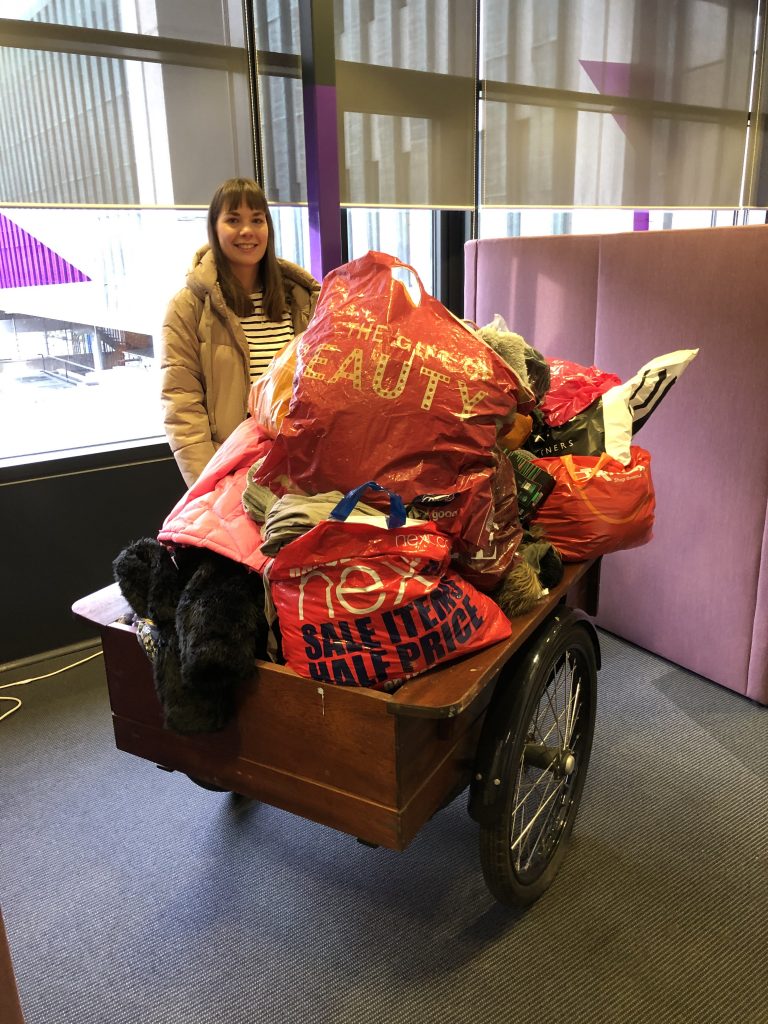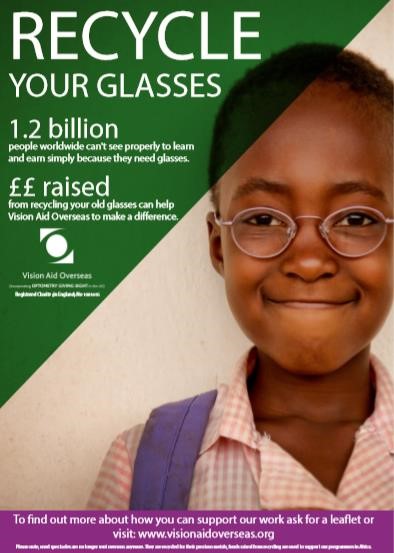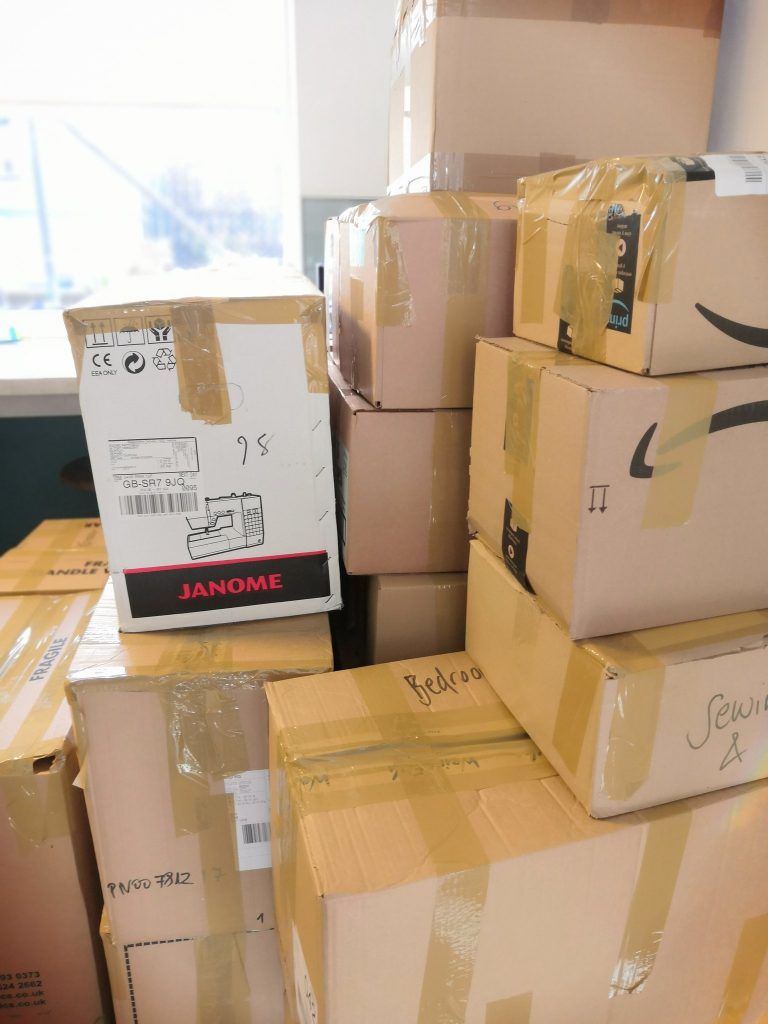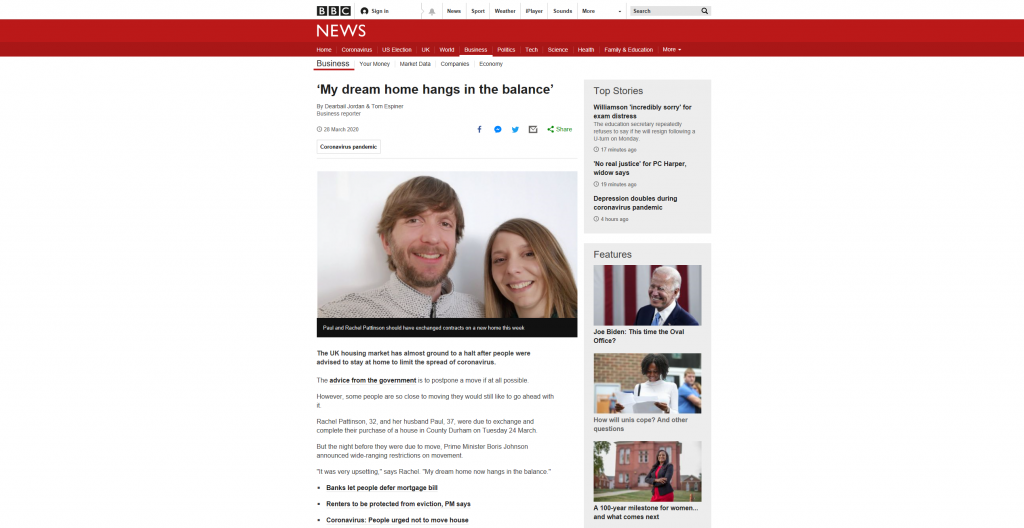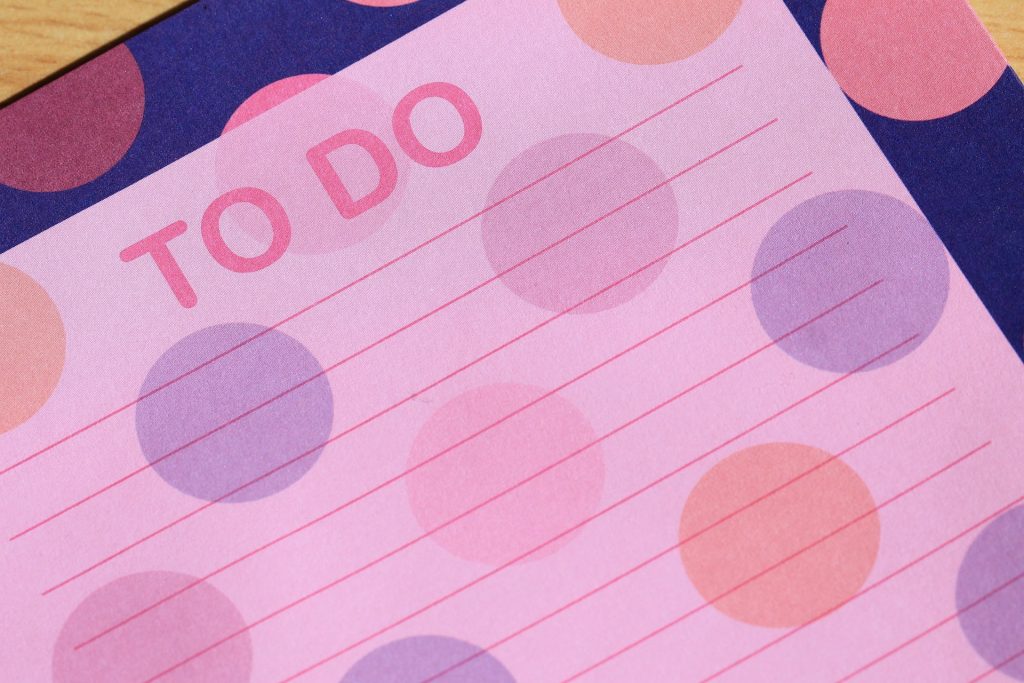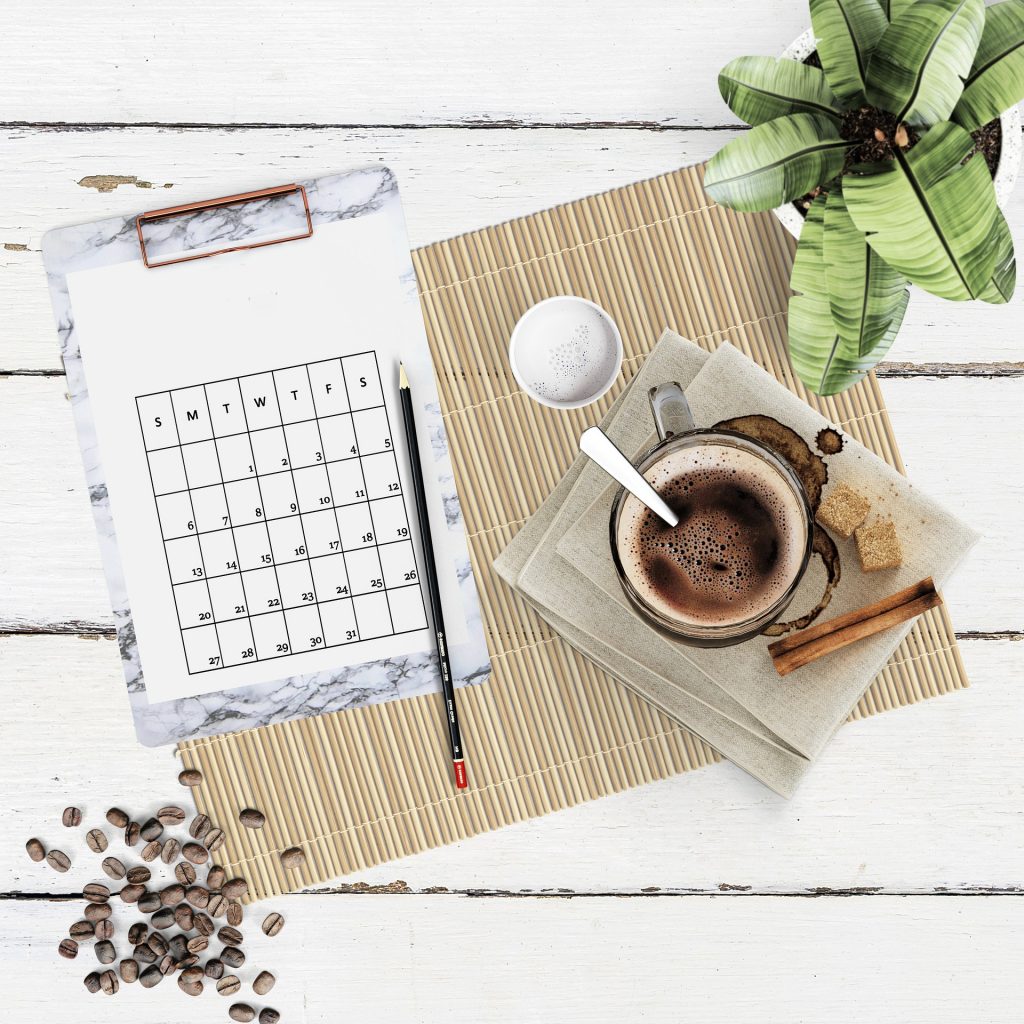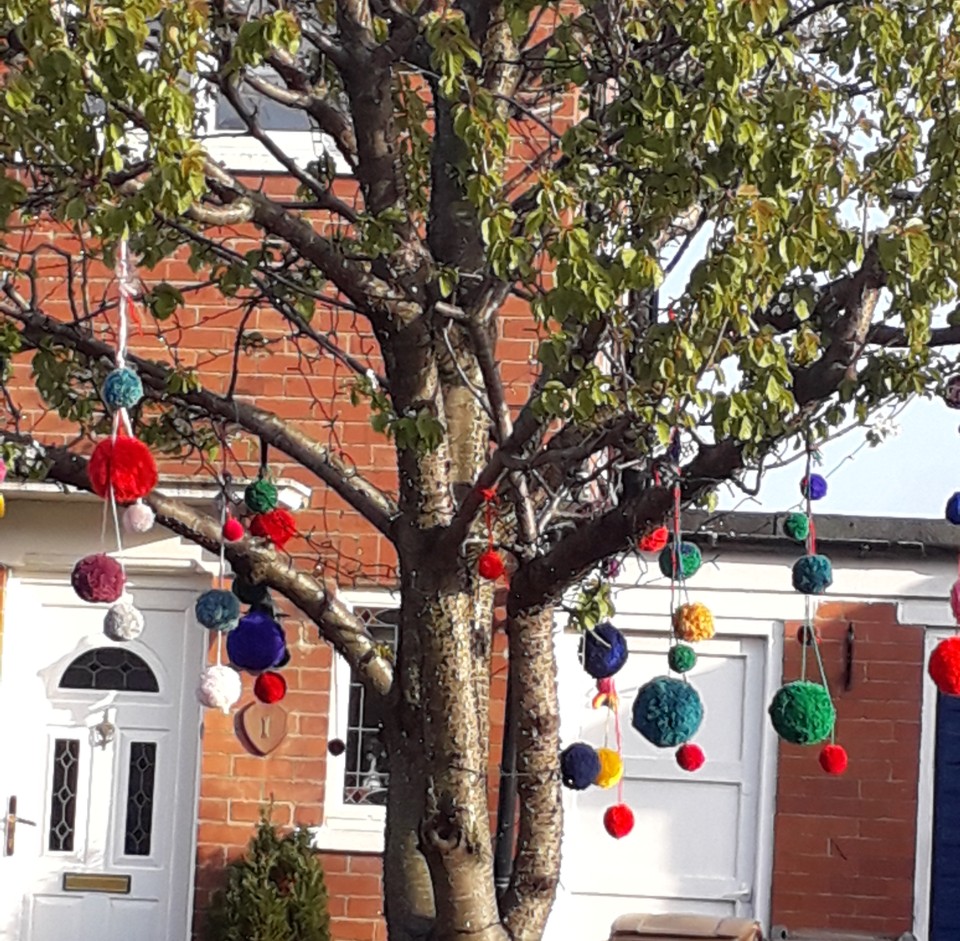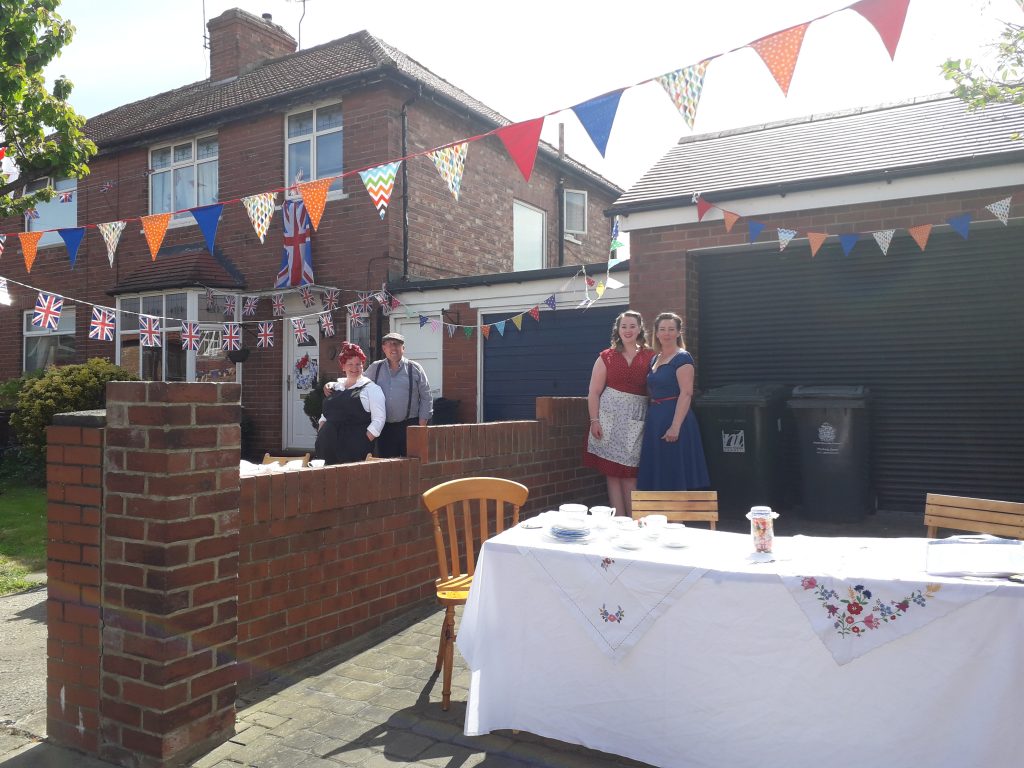After two years as an intern for NU Women, Caroline Rae reflects on her experience with the Network through an interview with current intern, Maia Almeida-Amir.
Maia: Why did you decide to intern for NU Women?
Caroline: I am really interested in issues of gender equality – as reflected in both my Ph.D. research where I look at representations of the environment through a feminist lens, and in my other job as an editorial assistant for the journal Feminist Theory. Working for NU Women seemed like an opportunity to make a real, lived difference and champion equality, diversity and inclusion in the very place I work and study. And I am so glad I did as it’s been a really good opportunity to see how change can be instigated within the institution and understand the impact a network like NU Women can have for all women working across the university.
Maia: What has been your favourite event during your tenure at NU Women?
Caroline: Reflecting now, I would definitely say the Christmas Social 2019 was one of my favourite events – it was the last in person event we ran before the pandemic and it was lovely to meet and connect with our members in a social setting.
I would add, however, that the events we’ve ran in the last year virtually have been an amazing way of connecting with our members in what has sometimes felt like an incredibly isolating and difficult year. I really enjoyed Emily Yarrow’s discussion of female academics’ experience of research evaluation and Barbara Read’s talk on failure and casualised staff. The topics resonated with me as I’m about to submit my thesis and enter the job market and, while it can be hard to hear about how these issues are impacting women in academia, it has been beneficial to hear about other people’s experiences of casualisation and REF and how female academics are advocating for change through their research.
Maia: What has been your favourite piece of work you’ve done for NU Women?
Caroline: In 2020, not long after lockdown started, I was involved in curating the blog series on living and working in lockdown. The stories we collected gave an insight into how our members were coping with the challenges lockdown brought – whether that was moving home, maternity leave or even just trying to stay connected with colleagues – the stories really resonated with me and so many others and highlighted how NU Women can provide a sense of community and comfort for its members that extends beyond the walls of the institution.
Maia: What do you think you’ll take forward from your time at NU Women?
Caroline: Certainly, that sense of community – we are fortunate to have this network at Newcastle that connects women working in all roles and across all levels. I will definitely continue to act as an ambassador for the network and I’m looking forward to returning to in-person events.
Maia: Finally, what advice would you give to incoming interns?
Caroline: You’re as much a member as you are an intern so think about what you would like to see from the network and advocate for it; if there’s a particular speaker you’d like to invite or a project you’d like to lead on, then go for it! The more suggestions and ideas we have coming from women across the university, the more diverse and inclusive the events and activities the network runs will be!

